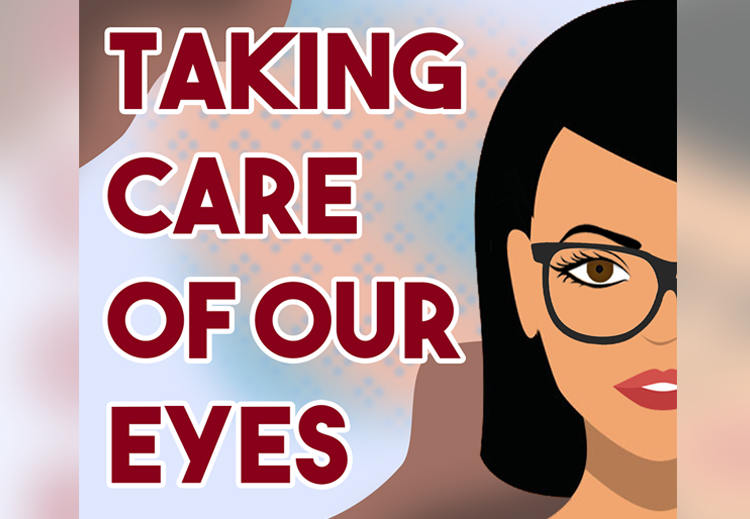
☰ Menu
Menu
July 28, 2020 | 10:13 am

The eyes are the most important sensory organs of the human being and our sight should never be taken for granted. Thus, eye health should be a priority. It is best to take precautions and seek immediate medical attention, especially if you exhibit symptoms of eye diseases or disorders which could lead to vision loss.
Vision gets affected when the light rays that land on the retina do not land where they should due to the shape of eyeball, cornea and lens of the eye.
Treatment: These refractive errors can usually be treated with prescription glasses, prescription contact lenses or refractive laser eye surgery.
Vision gets affected by the clouding of the lens which affects the light that passes through resulting to a hazy, blurred or fogged vision. It may also cause any of the following:
Treatment: Cataracts are usually treated by surgery.
Vision gets affected when the blood vessels of the retina gets damaged. It may cause black spots or black strings that float, dark or empty areas, impaired color, or blurred or fluctuating vision.
Controlling your blood sugar is a crucial factor in developing diabetic retinopathy. You are more likely to develop this eye disease if you are not regulating your blood sugar well.
Early diagnosis and treatment for diabetic retinopathy can prevent or slow vision loss.
Vision gets affected due to damaged optic nerves. This damage is usually caused by increased eye pressure but in some cases, it can happen even with normal eye pressure.
Vision loss caused by glaucoma is irreversible, so regular eye check-up is important to keep track of your eye condition. Early detection can slow and prevent the progression to loss of vision.
Vision gets affected when blood vessels grow or tissues break down in the central part of the retina. This condition is often called age-related macular degeneration (AMD) because it is associated with aging.
There are two types of Macular Degeneration:
Our Eye Center has state-of-the-art equipment for your eye health needs:
For inquiries on our Eye Center services, you may contact (046) 481-8000 or (02) 8988-3100 local 1370.
References:
———————————————————————————————————————————————————-
Disclaimer:
All content found on the DLSUMC website, including text, graphics, images, audio or other formats were created for general informational purposes only and are not intended or implied to be substitutes for professional medical advice, diagnosis or treatment.
If you think you may have a medical emergency, call your doctor, go to the emergency department, or call your local emergency hotline immediately.
Other Health Articles